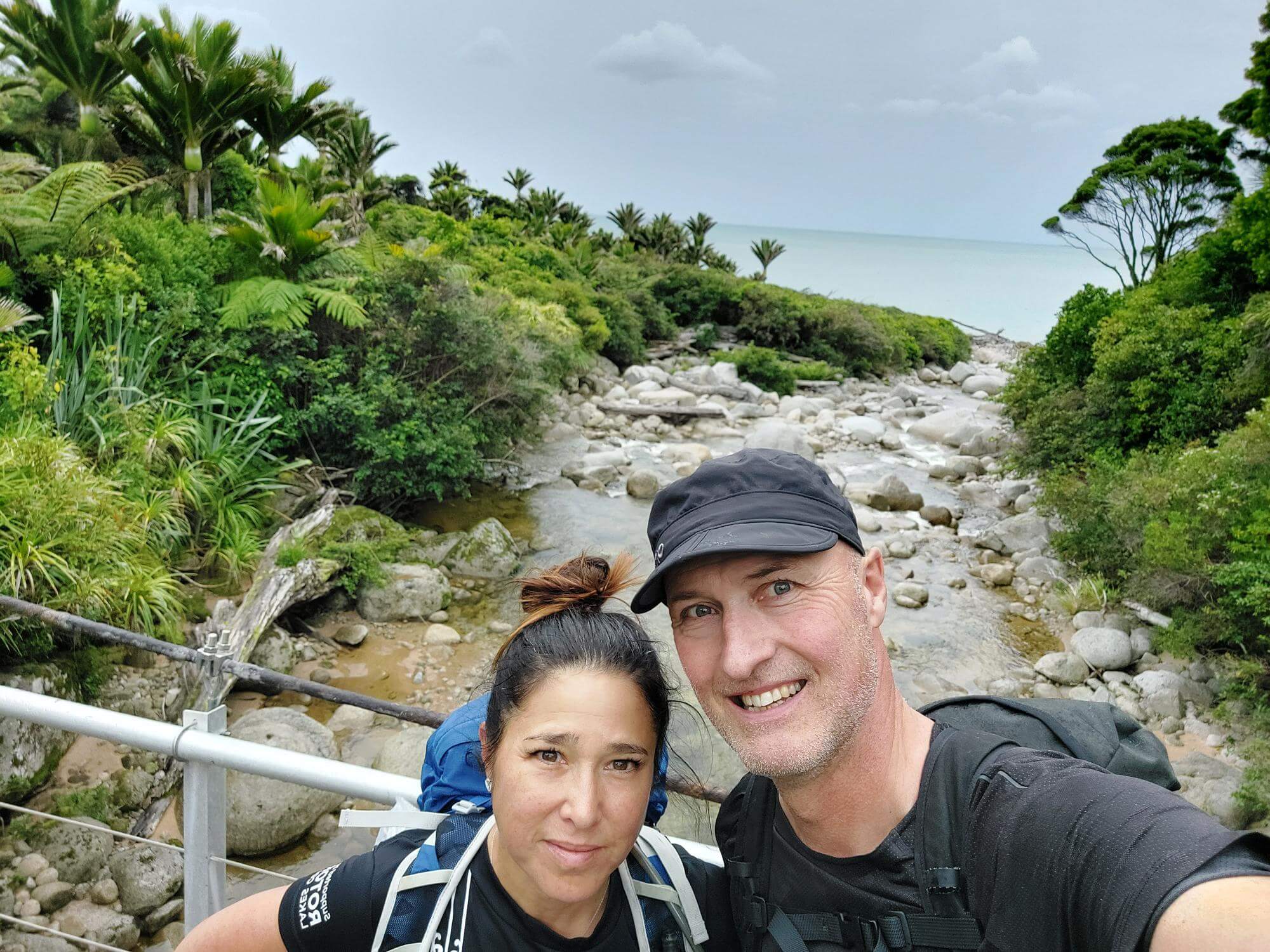
What most attracted you to the flexible work model that Juno offers, and what's your favourite part of being on the Juno team?
Working with Juno gives me the flexibility and control to combine other parts of my life that I value, with my work life. I’m a Coastguard volunteer and am developing my governance skills through a mix of paid and unpaid roles, including most recently being appointed to the holding company board of my Ngāi Tahu Rūnaka, Ōraka Aparima. I also love the variety that Juno gives me – I’ve met so many interesting people through my different roles, and had the opportunity to learn from up-close what makes different organisations tick, and what’s key to their success.
How do you adapt your approach when working with clients from different industries or sectors?
Client needs are remarkably consistent across industries and sectors. Each client will obviously have its areas of focus, and unique areas of the law that affect it most, and I enjoy getting to grips with these client-specific requirements at the start of an engagement. I come from a private sector background but have enjoyed working in the public sector with Waka Kotahi and most recently ACC, with their unique organisational models and issues. My focus though remains the same whoever I’m working for - to provide timely, clear and pragmatic advice, and hopefully deliver fresh insight to issues.
Can you share a recent example of a client engagement where you had to think outside the box to find a creative solution to a problem?
I can’t get into any specifics but one of the benefits a Juno lawyer brings is a fresh set of eyes to look at common organisational issues in a different way, and to suggest new or different solutions. Another benefit we bring is the ability to raise issues that those within an organisation may not always be comfortable raising.
What do you feel contributes to a great Juno client engagement for you and the client?
Good, clear communication is the key, as it is to many challenges in life. It’s important for me to get feedback from my client manager early on, to check on how the engagement is going and to see if I’m calibrating my approach to issues in the way the client is happy with. Keeping end-user clients happy is obviously also crucial. Dealing promptly with enquiries and understanding what they are trying to achieve, so you can deliver on that, goes a long way to making a client happy and for creating a successful engagement.